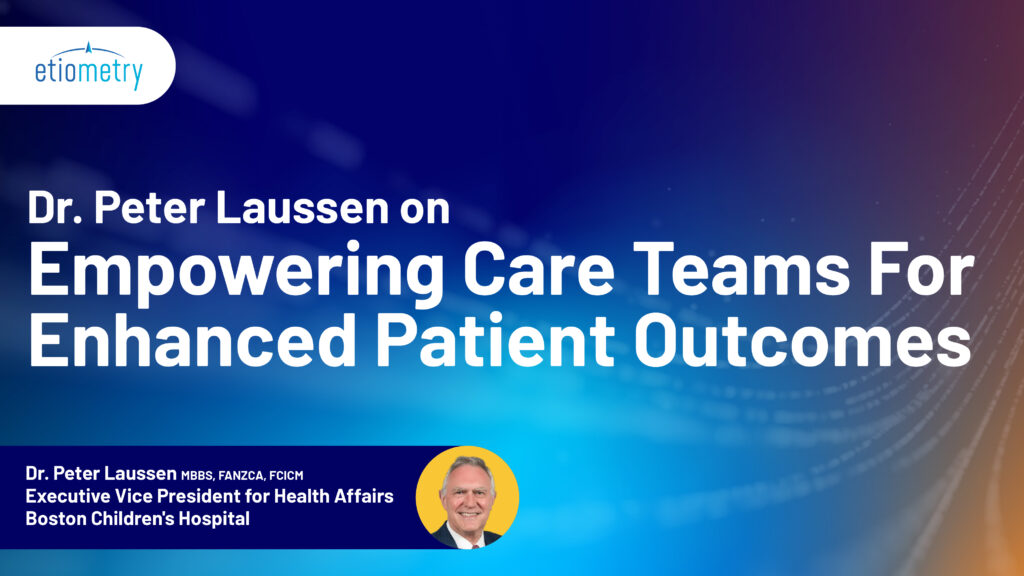Why Conventional EHR Systems Are Insufficient for Shock Detection
Blog
Cardiogenic shock (CS) remains a critical and life-threatening condition, characterized by a rapid decline in cardiac function and multi-organ dysfunction, often leading to high mortality rates. Despite advancements in critical care, its intricate and rapidly evolving nature presents a formidable clinical challenge. Early identification and prompt intervention are paramount for improved patient outcomes. However, the foundational tools in many healthcare systems, conventional Electronic Health Records (EHRs), are often inadequate to meet the dynamic demands of effective CS detection and management.
EHRs: A Retrospective Lens, Not a Real-Time Compass
A primary limitation of traditional EHR systems in the context of cardiogenic shock is their inherent retrospective nature. While EHRs meticulously record clinical variables such as vital signs, lab values, and medication administrations, they typically provide a snapshot of patient data rather than continuous, real-time insights. Clinicians frequently face substantial challenges in rapidly identifying and triaging patients at risk, as CS can manifest gradually with non-specific symptoms. Relying on traditional approaches necessitates ongoing, manual score calculations, which significantly adds to clinician workload and can delay crucial interventions. This creates a large unmet need for methods to accurately identify high-risk patients early.
The Dynamic Evolution of Shock Demands Continuous Assessment
Cardiogenic shock is a dynamically evolving syndrome, ranging in severity from ‘at risk’ to ‘extremis’ as categorized by systems like the Society for Cardiovascular Angiography and Interventions (SCAI) staging. Its progression can be rapid, leading to severe cellular and metabolic abnormalities and multi-organ dysfunction if not promptly addressed.
Effective management requires continuous physiological assessment to detect subtle deteriorations and guide timely interventions. Conventional EHRs, without a real-time surveillance overlay, struggle to provide the constant, up-to-the-minute data stream necessary for this level of vigilant monitoring and rapid decision-making. The reliance on static data points means that critical changes in a patient’s condition might be missed or recognized too late to reverse negative clinical outcomes.
Real-Time Platforms: Enabling Earlier Detection and Effective Triage
The shortcomings of conventional EHR systems highlight the urgent need for more advanced, real-time platforms. Artificial intelligence (AI), particularly through machine learning (ML) models, offers significant promise in addressing this critical gap for the early prediction of CS. These sophisticated models are capable of performing automated, continuous screening by leveraging the same routinely recorded clinical variables already present in EHRs, such as age, blood pressure, heart rate, oxygen saturation, and blood glucose. Studies have demonstrated that AI algorithms can identify high-risk patients for CS development significantly sooner than conventional clinical diagnosis—up to 1.7 days earlier. This provides a vital window for initiating early preventive measures and tailored treatment programs, ultimately leading to increased CS survival rates.
By deploying real-time hospital-wide surveillance systems that integrate AI/ML, healthcare institutions can dramatically enhance early recognition, streamline
decision-making processes, and reduce the heavy workload on clinical staff, allowing them to prioritize effectively in critical cases. While robust data processing and management of missing values remain important considerations for optimal model reliability, the integration of these technologies into clinical workflows represents a crucial step forward in addressing the high mortality associated with cardiogeni shock. This proactive, technology-driven approach moves beyond retrospective data to enable truly timely and impactful interventions.
Contact Us
References
Sinha, S, Morrow, D, Kapur, N. et al. 2025 Concise Clinical Guidance: An ACC Expert Consensus Statement on the Evaluation and Management of Cardiogenic Shock: A Report of the American College of Cardiology Solution Set Oversight Committee. JACC. 2025 Apr, 85 (16) 1618–1641. https://doi.org/10.1016/j.jacc.2025.02.018
Early Prediction of Cardiogenic Shock Using Machine Learning https://pubmed.ncbi.nlm.nih.gov/35911549/
The Lancet: https://www.thelancet.com/journals/lancet/article/PIIS0140-6736%2824%2901818- X/fulltext
References to earlier recognition are based on published research and do not imply predictive or diagnostic functions of the Etiometry Platform.tform.


